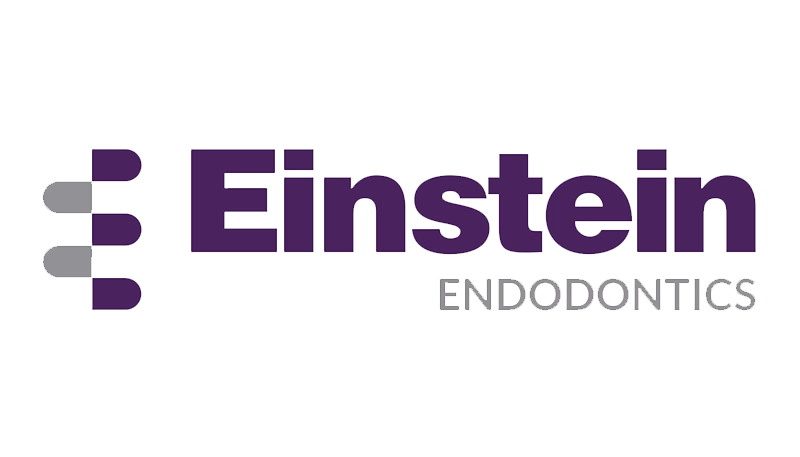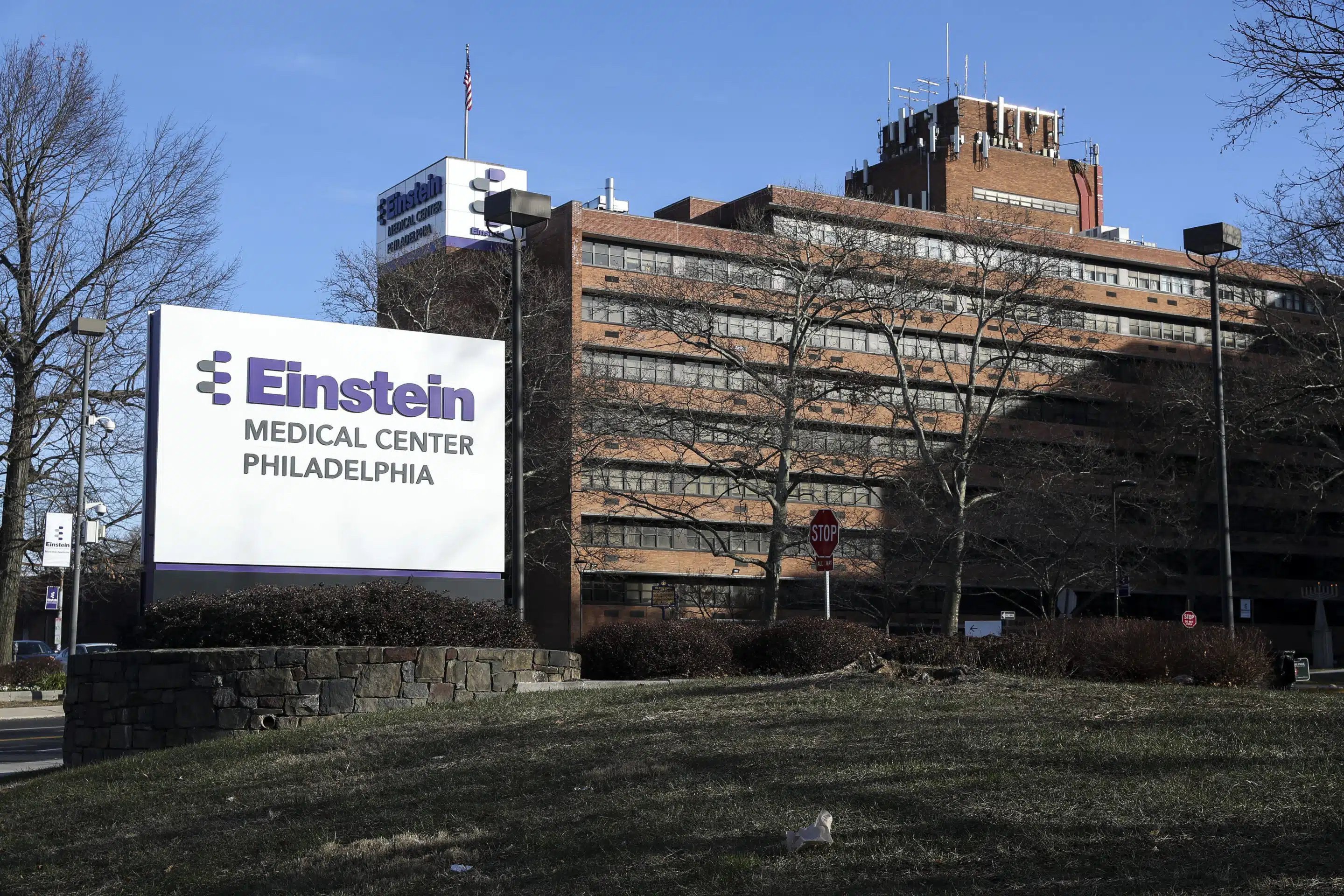

Just recently, I was educating a patient recovering from a fall injury, that was triggered by a hypoglycaemic incident.
Becky Strobrauck

The pCare Patient Experience Executive was very helpful in curating a selection of titles in the areas of basic education, taking insulin, and survival skills. And when we identified a gap in the available content on how to use Insulin pens, pCare worked with us to upload our own custom produced video which was really exciting.
Cathy Markey
Prior to the implementation of video education through the IPC system, education was supported with text-based content developed at Einstein. Patient-friendly, scientifically accurate, and tailored to the Philadelphia service area, the handouts were of the highest quality. However, the team faced the inherent challenges of ensuring the content remained current which can be a time consuming activity and the fact that reading is not the preferred method of information consumption for today’s patient. Fortunately, the content available through the IPC system addressed both these concerns.
Once Einstein had decided that diabetes video education was of primary importance, the next step was to select the titles.
Building the education library was a start. But to make this field of dreams a reality, the staff had to be educated on how to use the resource and sold on its ease of use. This is where Becky Strobauck was able to marshal her skills as a nurse educator. “The pCare system is easy to use but we still had to take the time to show the nurses how to incorporate assigning the education into their workflow. Because progress and completion of assigned education is documented in our Cerner system by the nurses, it made it much easier to accommodate the behavior change on the front end. Plus, the staff could see the value of the education for the patients. This was going to be a win-win.So, buy-in was relatively easy.”
Additionally, Becky reinforced the presence of the system by spotlighting it in the staff Diabetes Education newsletter Sweet Notes during the launch period.
About that launch period – it kicked off in April 2020 as the first wave of the COVID-19 pandemic was inundating the northeast. The ability to queue up diabetes education for patients in isolation was critical in conveying important care management skills for high risk populations. Despite the challenges, during the first six months of the program, over 1,500 Diabetes video education programs were viewed by patients at the Einstein’s Philadelphia Medical Center and Elkins Park campuses. While formal outcomes data has yet to be crunched by the quality team, anecdotal feedback from the nursing staff has been overwhelmingly positive. “The view rates are giving the staff a sense that patients are leaving the facility with a solid understanding of how to manage their diabetes,” shared Cathy Markey. “Which makes the team much more confident in the quality of care they are able to provide to our patients.”
The view rates are giving the staff a sense that patients are leaving the facility with a solid understanding of how to manage their diabetes which makes the team much more confident in the quality of care they are able to provide to our patients.